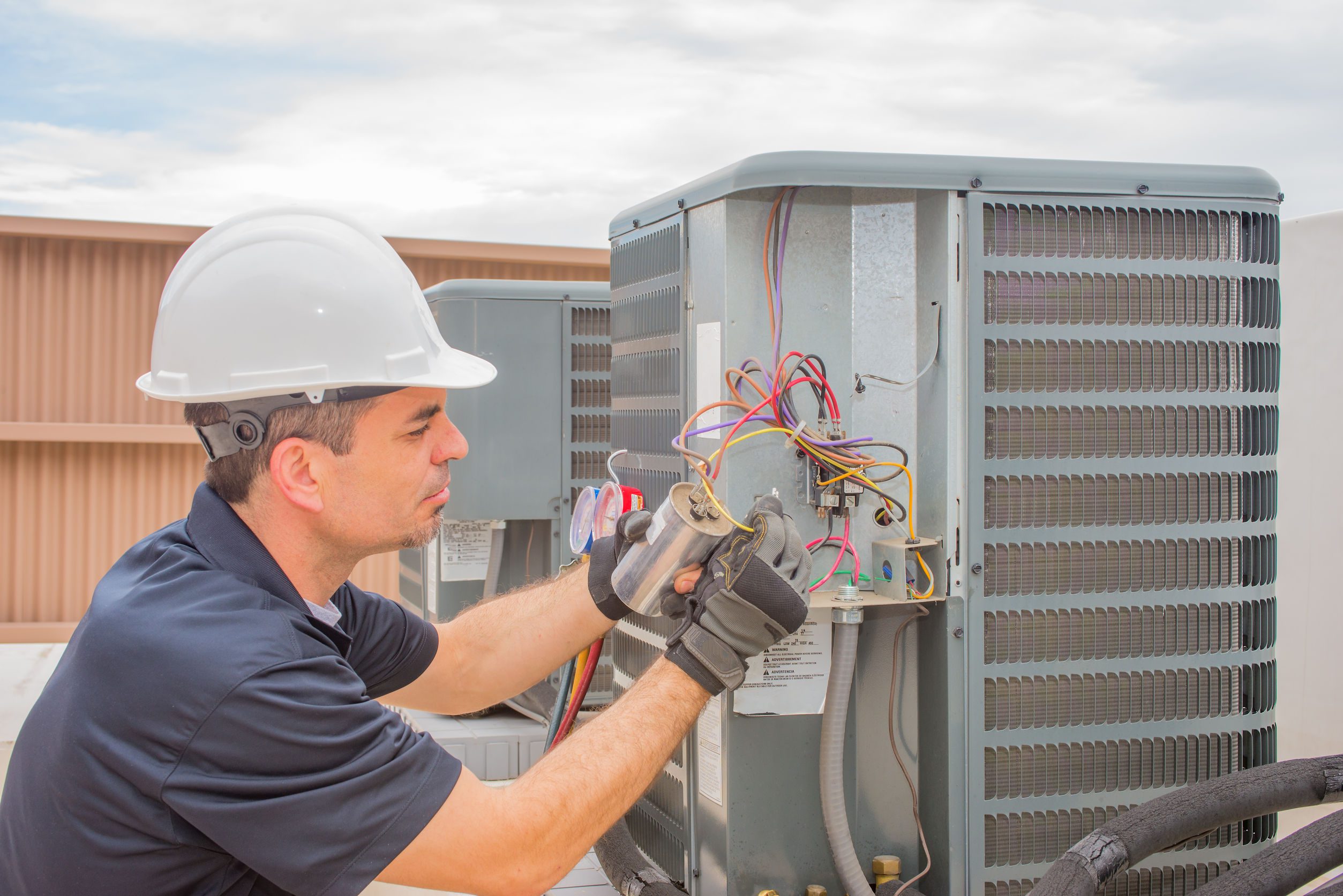Humidifiers are common household appliances designed to add moisture to the air, improving indoor air quality and providing various health benefits. But are they the right choice for you? Let’s break down the pros and cons of using humidifiers, so you can decide if it’s worth adding one to your home.
What Are Humidifiers?
A humidifier is a device that increases the moisture levels in your home. They come in various types, including:
- Cool Mist Humidifiers: Release a cool mist into the air, usually through evaporation or ultrasonic vibration.
- Warm Mist Humidifiers: Produce a warm mist by boiling water before releasing steam.
- Ultrasonic Humidifiers: Use ultrasonic vibrations to create mist.
- Evaporative Humidifiers: Use a fan to blow air over a wet wick or filter, adding moisture.
Now, let’s dive into the advantages and disadvantages of using humidifiers.
Pros of Using Humidifiers
1. Improved Respiratory Health
- Benefit: Humidifiers can alleviate symptoms of dry air, such as coughing, dry throat, nasal irritation, and sinus congestion.
- How It Helps: By adding moisture to the air, humidifiers help prevent your nasal passages and throat from drying out, making breathing easier.
2. Better Skin Health
- Benefit: Dry indoor air can cause your skin to lose moisture, leading to flakiness, itching, and irritation.
- How It Helps: Adding humidity to the air helps maintain skin hydration, reducing dryness and improving skin appearance.
3. Reduced Risk of Infections
- Benefit: Increased moisture in the air can slow down the spread of airborne viruses and bacteria.
- How It Helps: When the air is moist, germs and viruses struggle to survive, reducing the likelihood of infections, colds, and flu.
4. Relief for Allergy Sufferers
- Benefit: Humidifiers can help manage allergy symptoms like a dry throat, itchy eyes, or nasal congestion.
- How It Helps: The added moisture in the air can soothe irritated nasal passages, making it easier to manage allergy triggers.
5. Better Sleep Quality
- Benefit: Dry air can cause snoring due to dry nasal passages and throats.
- How It Helps: Humidifiers can ease snoring by keeping airways moist, leading to a more comfortable sleep.
6. Preserve Wooden Furniture
- Benefit: Dry air can cause wooden furniture, floors, and instruments to crack and warp over time.
- How It Helps: Humidifiers can maintain the right level of humidity, preserving wooden items and preventing damage.
7. Healthier Houseplants
- Benefit: Many houseplants thrive in a humid environment and struggle with dry indoor air.
- How It Helps: By maintaining indoor humidity levels, you create a more suitable environment for houseplants, promoting their growth and health.
Cons of Using Humidifiers
1. Risk of Mold and Mildew Growth
- Drawback: If a humidifier is overused or not properly maintained, it can contribute to mold and mildew growth.
- How It Affects You: Excess moisture can settle on walls, furniture, and other surfaces, encouraging mold growth, which can cause allergies and respiratory issues.
2. Bacteria and Germ Growth in Humidifiers
- Drawback: Stagnant water in a humidifier can become a breeding ground for bacteria and germs if not cleaned regularly.
- How It Affects You: Bacteria-filled mist released into the air can lead to respiratory infections, especially in those with weakened immune systems.
3. Over-Humidification
- Drawback: High humidity levels can cause discomfort, making the air feel heavy and warm.
- How It Affects You: Over-humidified air can lead to condensation on windows and walls, which can foster mold growth and damage the structure of your home.
4. High Maintenance Requirement
- Drawback: Humidifiers require regular cleaning and water changes to function effectively.
- How It Affects You: Failure to clean the humidifier can lead to the spread of bacteria and other contaminants in the air, making it a potential health risk.
5. Noise and Disturbance
- Drawback: Some humidifiers can be noisy, especially older models or those that use fans to disperse mist.
- How It Affects You: The noise from the unit might disturb sleep or create distractions, particularly in a quiet room.
6. Cost of Operation
- Drawback: Depending on the type and size, humidifiers can add to electricity bills.
- How It Affects You: Warm mist humidifiers consume more electricity, as they boil water to create steam, making them more costly to run.
7. Potential for Mineral Dust
- Drawback: Ultrasonic humidifiers can release white mineral dust into the air if tap water is used.
- How It Affects You: This dust can settle on furniture and other surfaces, requiring frequent cleaning and potentially causing respiratory irritation.
Tips for Using Humidifiers Safely
If you decide to use a humidifier, keep these safety tips in mind:
- Use distilled or demineralized water to reduce mineral build-up and white dust.
- Clean your humidifier every 2-3 days to prevent bacteria growth.
- Check humidity levels regularly using a hygrometer. The ideal indoor humidity is around 30-50%.
- Avoid over-humidifying by monitoring the moisture output and reducing the duration of use.
- Place the humidifier in a central location to ensure even distribution of moisture in the room.
Final Thoughts
Humidifiers can be a beneficial addition to your home, especially in dry climates or during winter months. However, they require regular maintenance to ensure safe and effective operation. Weighing the pros and cons will help you decide if a humidifier aligns with your health needs and lifestyle.




